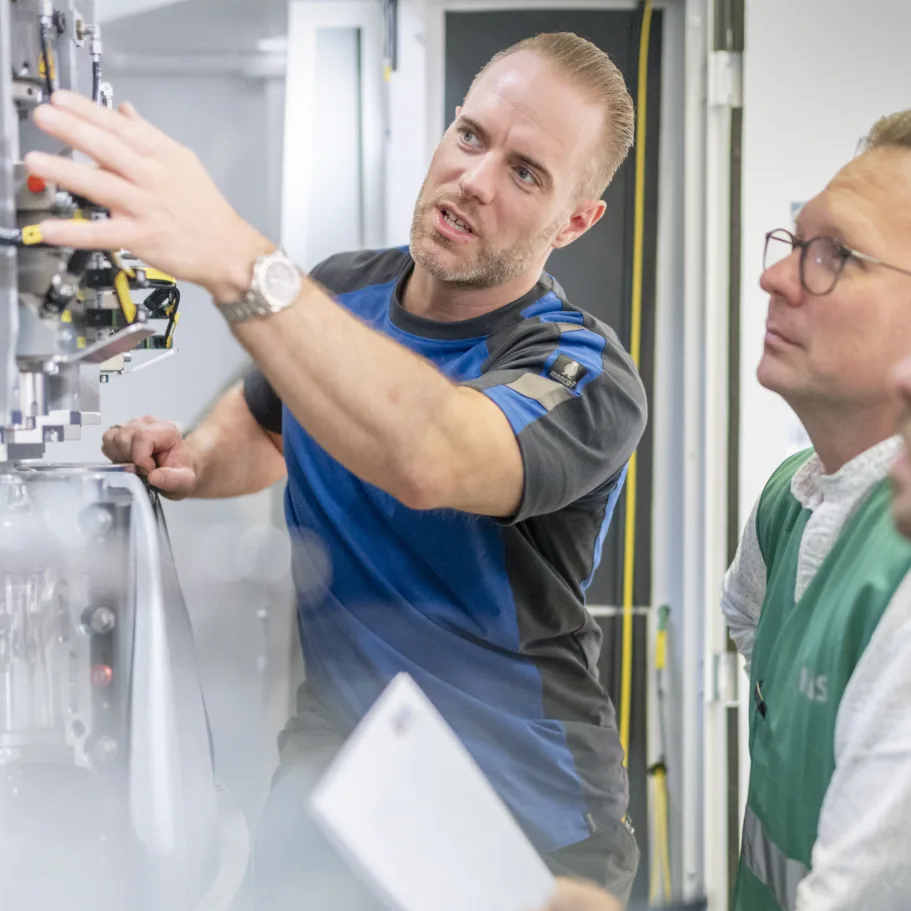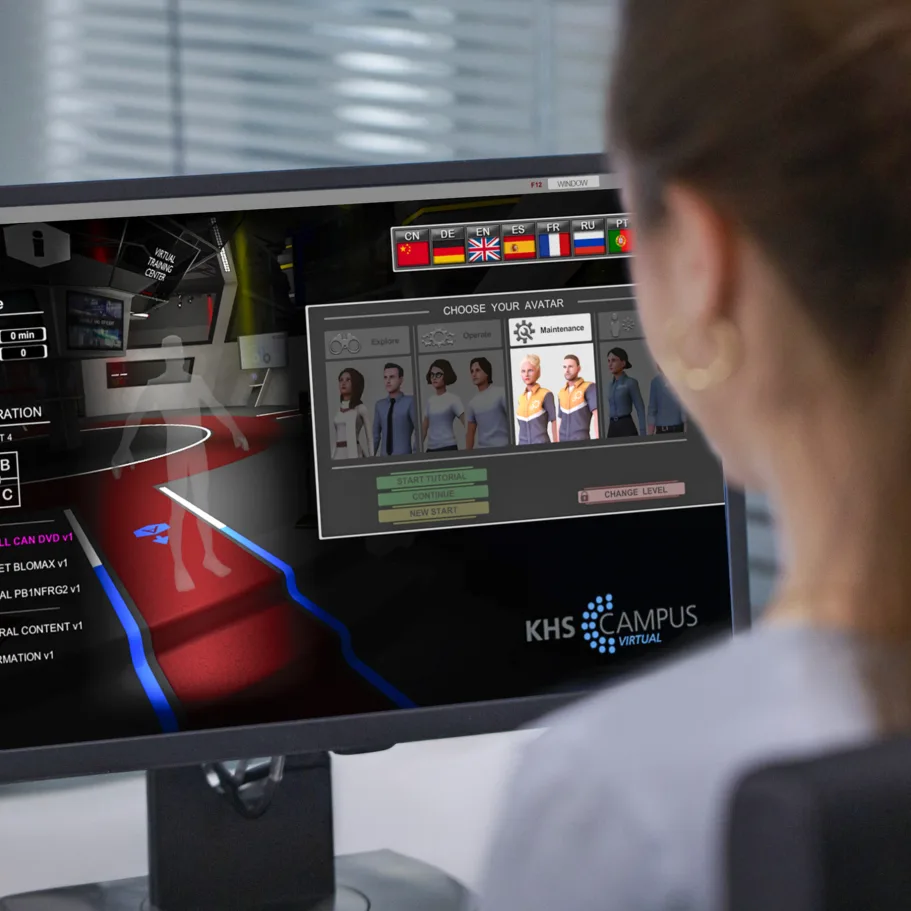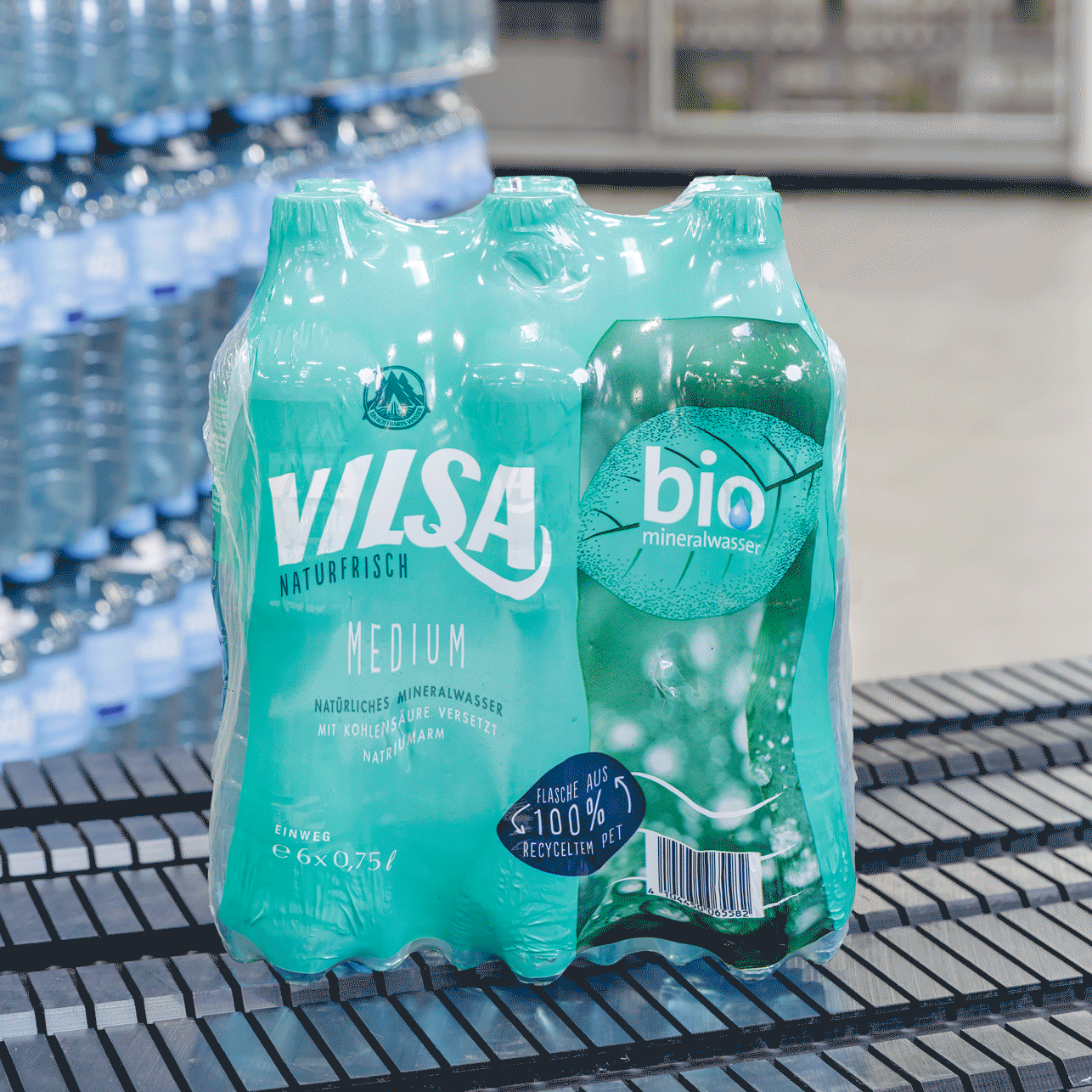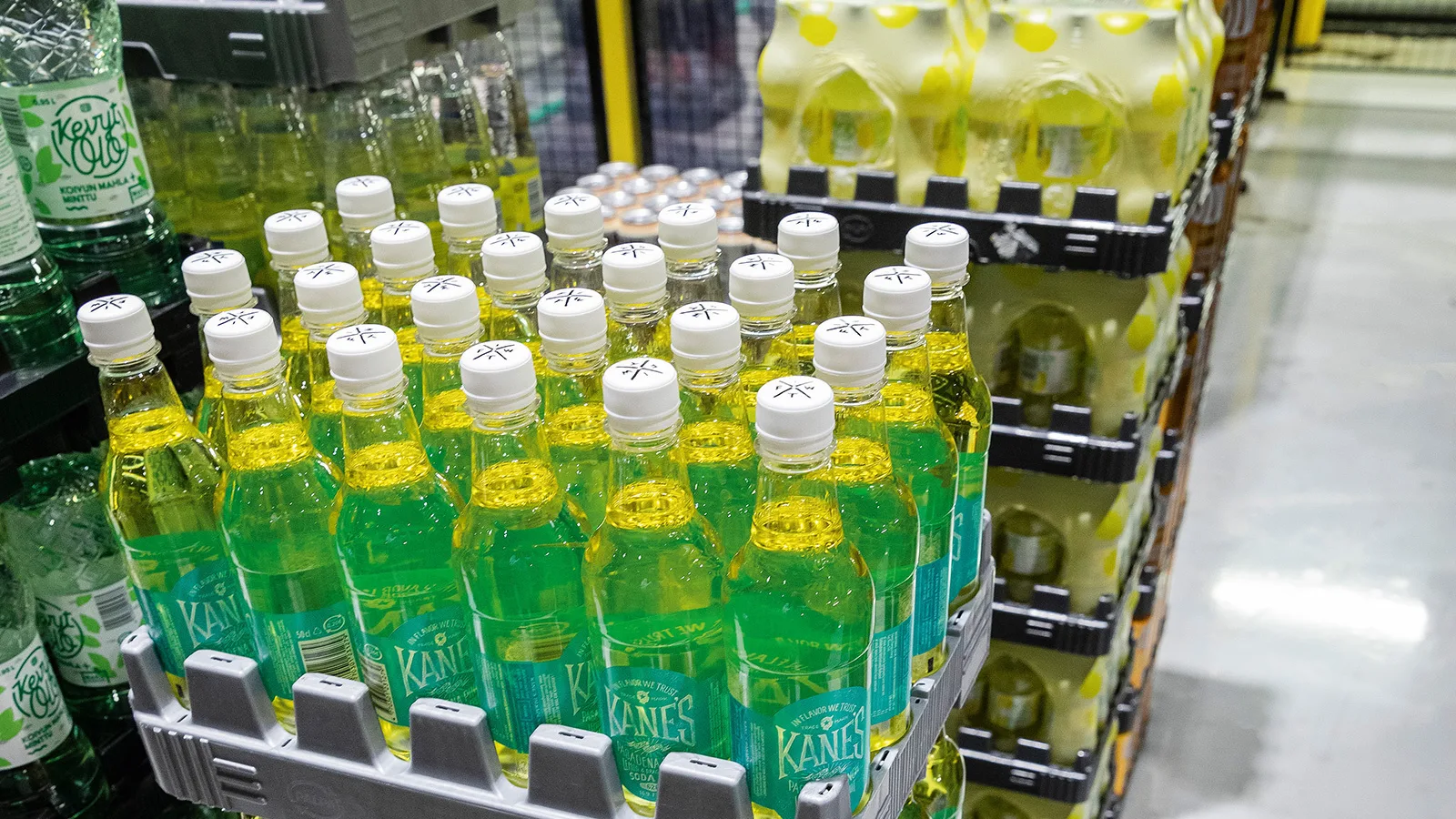
Masters of adaptation
The Olvi Group in Finland fills an abundance of different products; accordingly, the range of packaging is extremely complex and diverse. For over ten years now the beverage producer has relied on KHS to assist in its operations, with the Dortmund systems supplier implementing all of the required conversions.
When in 1878 the brewery that now goes under the name of Olvi was established in the little town of Iisalmi, idyllically situated on Lake Porovesi, there were 78 brewhouses scattered throughout Finland. One hundred and forty-three years later, Olvi is the only brewery to have remained independent and under Finnish ownership. Not surprisingly, then, the company's history is shaped by the successful development, production and marketing of a vast number of different beers and soft drinks that have triggered rapid growth – especially since the company went public in 1987. Today, the Olvi Group is represented by its products and a number of production facilities not just in Finland but also in the three Baltic states of Estonia, Latvia and Lithuania and in Belarus. All told, in 2019 the group achieved a turnover of €409 million with an output of 718 million liters, with about 41% of this yielded on the home market.
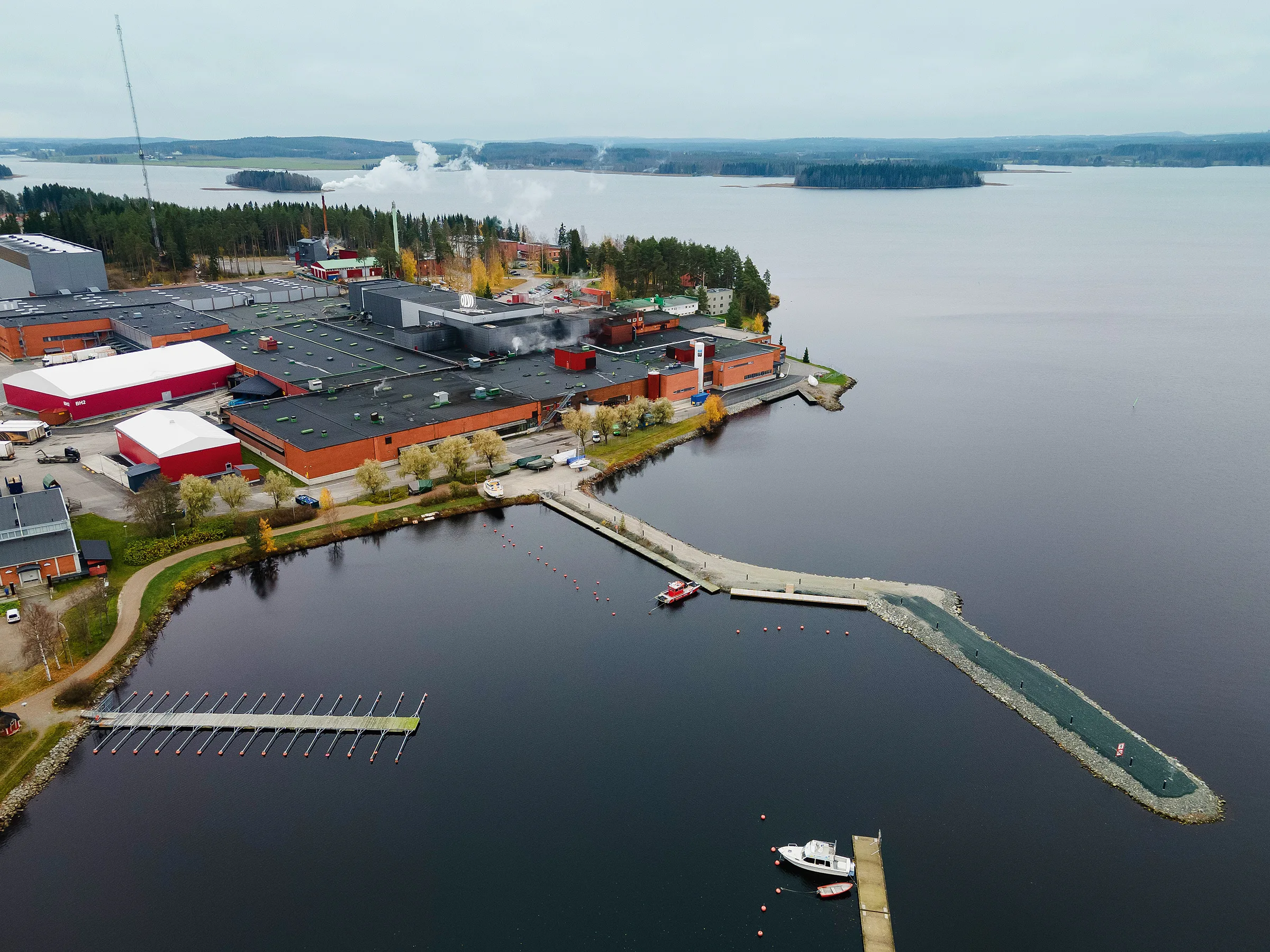
The Olvi Group’s headquarters are surrounded by the practically unspoiled Finnish scenery of Lake Porovesi.
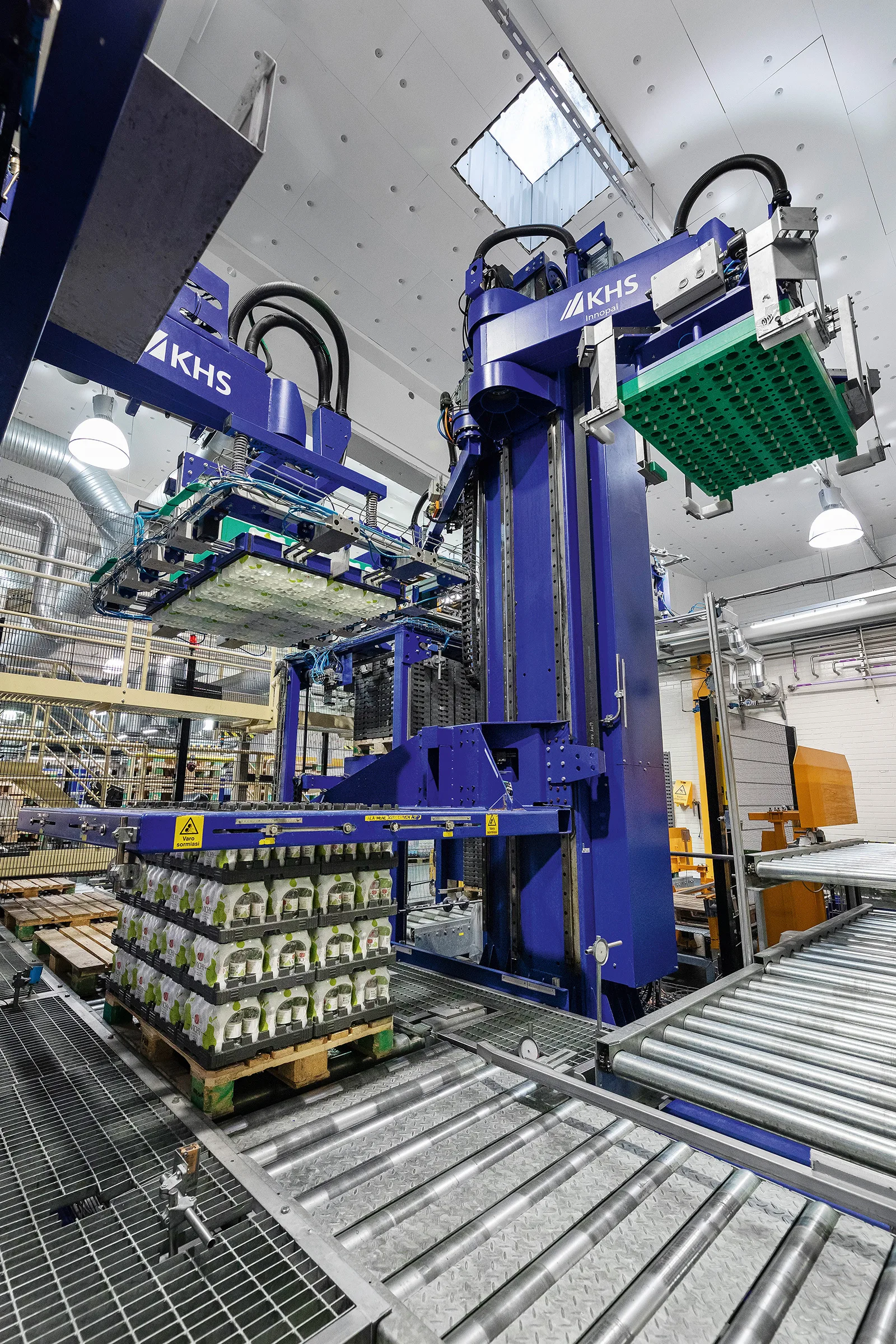
The 18 conversions KHS has made to the packaging and palletizing area since 2010 also include replacing the bottle heads with KUKA robot controllers.
Huge diversity
Besides beer its wide assortment of products includes various ciders, hard seltzer* , fruit wines, soft drinks, water and fruit juice beverages. “As in the rest of the EU, Finland is also constantly seeing new and more varied categories emerging,” is how Olvi’s operations director Lauri Multanen describes the biggest trend in his branch of industry. “For instance, we’re constantly developing new energy, sports and health drinks. Although beer makes up our largest volume, the biggest growth segment consists of products that provide added benefits.” The rising number of product brands is of course also reflected in the increasing diversity of the packaging. This is augmented further by changing consumer habits and requirements. “The demand for smaller PET bottles in multipacks, such as packs of 24, is growing – despite the debate on plastics over the past few years,” Multanen states. “Recycling is becoming more of an issue, however, not least in conjunction with EU regulations. We’re following this development very closely and working together with our suppliers on future-proof systems, also in relation to tethered caps, for example” (see article ‘Forming an attachment’ ). “We ultimately think of ourselves as pioneers on our market and are tackling the challenges of this market proactively.”
* Hard seltzer = an alcoholic yet relatively low-calorie beverage that contains carbonated water, about 5% alcohol (from fermentation) and often has a fruit flavoring.
One of these suppliers is KHS, with close ties to Olvi through many years of cooperation. Of the six lines at the main plant in Iisalmi – two PET, two canning, one kegging and one non-returnable glass line – three are equipped with KHS Kisters packaging machines. One of the two PET lines has been fully engineered by KHS. It was installed and commissioned by the Dortmund systems supplier in 2007 and can process up to 18,000 bottles per hour.
“Our KHS PET line is a real workhorse,” smiles Pekka Kääriäinen, technical manager for Olvi in Iisalmi. This is especially true of the filler/capper block and blending system, he finds. “Actually, the entire line is particularly hard-wearing and reliable. After all, it runs round the clock seven days a week. And of the 400 SKUs** our group produces, about 90 are processed on this system. In the last eight years we’ve been able to boost the line capacity by about 30% and the efficiency by around 20% although no major changes have been made to the machines themselves – barring replacement of the operator panel and servodrives for the filler,” Kääriäinen emphasizes. “You can achieve certain effects with the usual minor adjustments, such as shortening CIP times. However, we’ve been able to bring about the biggest increase in efficiency by shortening our setup times through intensive instruction of our personnel – also with the help of KHS’ expertise in training – and by optimizing the planning of our format changeovers.” In view of the company’s portfolio and comparatively small market, in Kääriäinen’s opinion the flexibility and speed of changeovers are the most important factors for success.
** SKU = stock keeping unit or item.
»The KHS experts from the Bottles & Shapes™ program have helped us to design our 30 different bottle formats.«
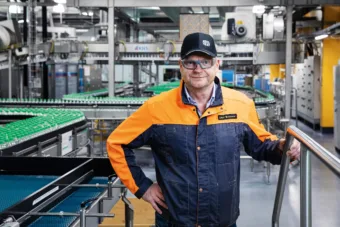
Operations Director, Olvi-Gruppe
Growing complexity
“When the system was built 14 years ago, at the same time we factored in the amount of growth with Olvi,” remembers Gunnar Bartel, the senior service engineer responsible for Scandinavia and the Baltic at KHS. “In the packaging and palletizing section we initially started out with two types of pallets and 25 formations for the palletizer, for instance; these numbers have now risen to five and 82 respectively.” The increased complexity is partly down to the plastic displays common to Scandinavia that are filled with loose bottles or packs of four, six and twelve containers. Furthermore, dollies*** are used to supply smaller sales units such as gas stations and kiosks. Olvi also produces other pack sizes frequently sold as promotions to boost demand.
*** Dolly = returnable load carrier on wheels measuring a standard 400 x 600 millimeters (quarter pallet format).
Since 2010 Gunnar Bartel and his team have performed 18 conversions in the packaging and palletizing area. These include replacing the bottle heads with KUKA robot controllers, for example, or substituting an auxiliary robot to prepare layer pads. Staging areas for various packing heads have been retrofitted to minimize changeover times. What’s more, for the multitude of bottle shapes of varying diameter suitable packing heads such as multigrippers have been supplied to enable all conceivable types of pack to be palletized.
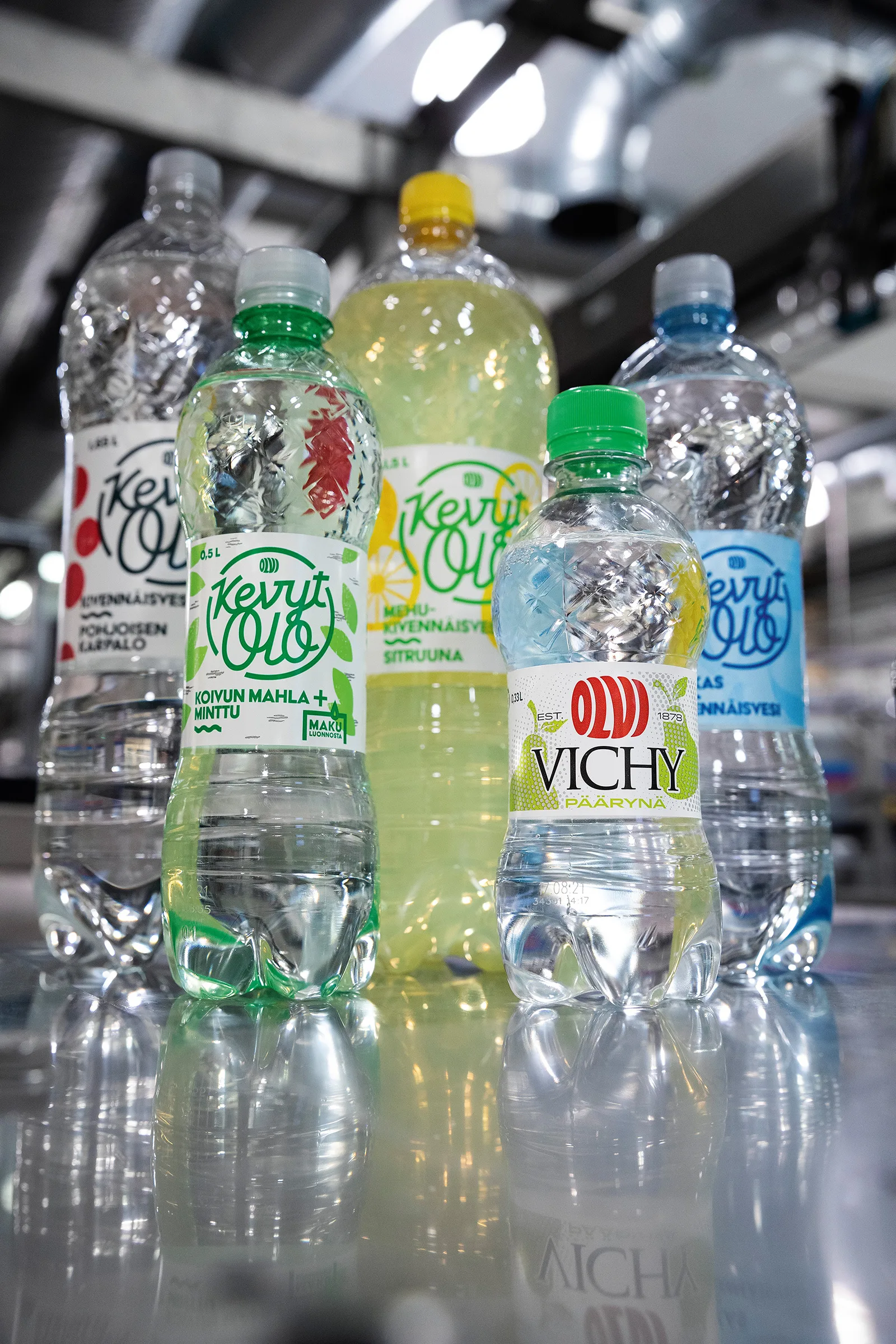
Each and every one of Olvi’s 30 bottle formats has been created with the help of KHS’ Bottles & Shapes™ experts.
Extensive service
Flexibility is also called for in the filling section. “We now produce a total of 30 different bottle formats,” Multanen explains. “The KHS experts from the Bottles & Shapes™ program have helped us to design every single one. We’ve always had very positive experience here – from the bottle design and prototypes that help us decide right down to implementation on the line. This service works exceptionally well and we really appreciate it. As our order picking system is fully automatic, it’s imperative that everything runs smoothly.” One major recurring issue is thus weight reduction that over time has enabled a considerable amount of material to be saved. A 330-milliliter bottle now weighs just 15.8 grams, for instance, compared to 18.5 grams a few years ago.
Accordingly, the Finns’ overall verdict is one of satisfaction. “In KHS we have a reliable partner at our side who’s more than just familiar with the tools of their trade,” Multanen insists. “Whenever we need technological support, KHS is our first port of call – both now and in the future.”

